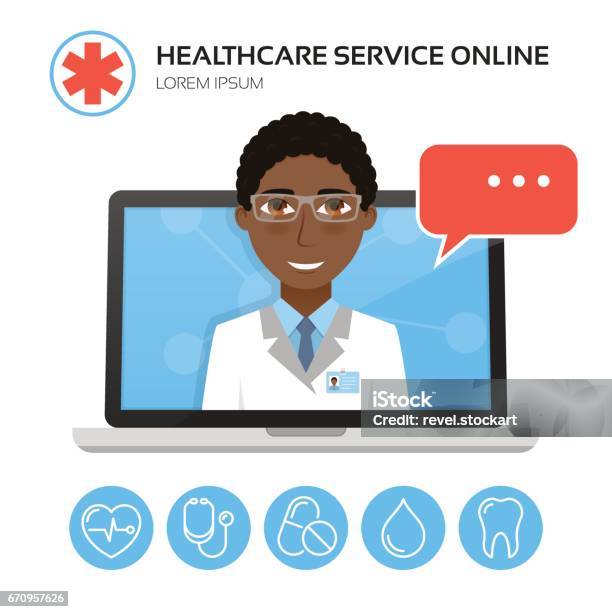Checking out the Growth of Subscription Based Healthcare in the Digital Age
Checking out the Growth of Subscription Based Healthcare in the Digital Age
Blog Article
The Rise of Subscription-Based Medical Care and Its Impact on Client Treatment
As healthcare evolves, the subscription-based model is gaining grip, guaranteeing to change person treatment by supplying predictability and ease of access. The possibility for these designs to improve health care distribution elevates pressing inquiries about their long-term sustainability and inclusivity. Are these membership services the future of medical care, or do they take the chance of leaving prone populaces behind?
Understanding Subscription Health Care Models
Understanding the concept of subscription healthcare versions involves analyzing a transformative method to clinical services that stresses affordability and access. These versions, typically referred to as direct medical care (DPC) or concierge medication, have become innovative choices to traditional fee-for-service health care systems. Subscription health care enables clients to pay a set month-to-month or yearly cost for a specified collection of medical solutions, which might consist of unrestricted workplace check outs, regular check-ups, and basic laboratory tests, without the demand for typical insurance policy billing.
The structure of registration health care models is created to simplify individual care by getting rid of third-party payers and complicated invoicing codes, thus reducing management burdens. Doctor can concentrate more on patient treatment, promoting stronger patient-provider connections. This model also advertises preventative treatment by encouraging routine brows through, as the financial barrier of per-visit costs is gotten rid of.
The subscription version frequently empowers doctor to handle smaller sized person panels, allowing for even more individualized care. It straightens monetary incentives with individual health and wellness results, as suppliers are encouraged to preserve person satisfaction and health. In general, recognizing subscription medical care versions needs recognizing their possible to reshape just how treatment is supplied and accessed.
Benefits for Providers and people

For companies, subscription-based versions offer the chance to strengthen patient-provider partnerships. With a steady revenue stream, health care specialists can commit more time to each individual, bring about a more comprehensive and individualized treatment experience. This version likewise decreases dependence on high client volumes, alleviating burnout and improving job satisfaction. The emphasis on preventative care within registration strategies can lead to far better individual end results and lowered long-lasting health care prices. By focusing on continuous care, companies can resolve concerns prior to they intensify, inevitably profiting the health care system as a whole by lowering the worry on emergency and intense treatment solutions.
Problems and difficulties
While subscription-based healthcare models existing many benefits, they likewise come with a collection of challenges and issues that have to be resolved. This elevates ethical concerns regarding fair access to healthcare services.
Financial sustainability of subscription-based models is one more issue. Companies should balance the set revenue from memberships with the variable expenses of medical care solutions, which might vary as a result of unpredicted clinical requirements. This can produce stress to restrict services or increase charges, possibly influencing client satisfaction and care top quality.
Additionally, regulatory oversight of subscription-based medical care designs is still developing. The lack of standard structures can lead to irregular solution quality and responsibility, making complex initiatives to company website make certain individual defense. Finally, the integration of innovation-- typically a keystone of these models-- questions regarding information privacy and safety and security, as delicate individual info can be susceptible to breaches. Dealing with these challenges is important for the successful and equitable application of subscription-based health care.
Effect On Patient-Doctor Relationships
One considerable impact of subscription-based health care versions on patient-doctor partnerships is the potential for improved continuity and individualized care. By embracing a registration model, medical professionals can manage a smaller sized individual panel, permitting even more devoted time with each individual. This boosted schedule cultivates a much deeper understanding of a client's medical history, way of life, and preferences, allowing much more customized treatment plans and treatments.

Nonetheless, it is very important to acknowledge that while subscription-based models might benefit those who can afford them, they might unintentionally widen healthcare disparities. People who are not able to take part in these designs might experience decreased accessibility to personalized treatment, possibly impacting their partnerships with medical care companies. Therefore, while the membership design offers promising advantages for patient-doctor connections, it also positions obstacles that need to be addressed to make sure fair healthcare access.
Future of Health Care Gain Access To

The function of innovation can not be overlooked in this makeover. Telemedicine platforms and electronic health and wellness records promote seamless interaction in between patients and healthcare suppliers, damaging down geographical and logistical obstacles. In addition, advancements in expert system and data analytics can even more individualize clinical care by predicting patient needs and optimizing treatment plans.
Nevertheless, the future of healthcare accessibility additionally offers challenges, such as guaranteeing equity throughout different click for more socio-economic teams. Policymakers and healthcare companies should team up to link the electronic divide, making sure that subscription-based designs remain inclusive and inexpensive. As these systems develop, they hold the guarantee of making medical care extra available, reliable, and patient-centric.
Final Thought
Subscription-based health care versions are improving person treatment by providing a stable cost structure and enhancing availability. The surge of subscription-based healthcare motivates aggressive person involvement, which has the potential to boost person end results and satisfaction, signaling a transformative shift in medical care distribution.
As medical care advances, the subscription-based version is obtaining grip, assuring to reinvent individual treatment by using predictability and availability.Subscription-based health care designs provide unique advantages for both suppliers and individuals, enhancing the overall medical care experience.As health care systems evolve, the future of medical care access regularly hinges on the integration of ingenious versions and innovations.Subscription-based healthcare versions are improving client care by giving a steady cost framework and improving ease of access. The surge of subscription-based medical care encourages aggressive individual engagement, which has the potential to improve individual outcomes and complete satisfaction, signifying a transformative shift in medical care shipment.
Report this page